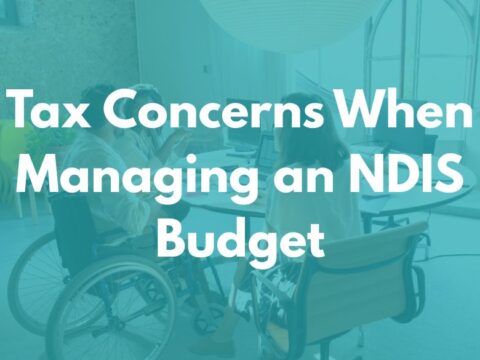Understanding the Risks Associated with Superannuation
Superannuation is one of the best ways to save for retirement, but it’s not without its risks—especially if you’re between 40 and 60 and starting to think about winding down your working life.
From market volatility to outliving your savings, there are potential bumps along the way that can affect your retirement plans.
Understanding these risks now can help you make more informed decisions, giving you a better shot at the retirement you’ve been dreaming about.
1. Investment Risk
Superannuation funds are often invested in the stock market, property, bonds, and other asset classes. While these investments can generate significant returns, they also carry the risk of market volatility. This means the value of your super can fluctuate due to changes in economic conditions, market sentiment, or global events. A sharp downturn, especially close to retirement, can significantly reduce your superannuation balance.
Tip: To manage investment risk, consider reviewing your superannuation fund’s investment strategy regularly. As you approach retirement, you might want to switch to a more conservative investment option that focuses on preserving capital rather than seeking high growth.
2. Longevity Risk
One of the most common risks faced by retirees is outliving their retirement savings. With increasing life expectancies, there is a chance that your superannuation may not last throughout your entire retirement, especially if you retire early or have unexpected expenses.
Tip: To mitigate this, it’s important to estimate how long your savings will need to last and consider factors like your health, retirement lifestyle, and potential healthcare costs. Consulting a financial adviser can help develop a sustainable withdrawal plan.
3. Inflation Risk
Inflation gradually erodes the purchasing power of your money over time. Even if your superannuation balance grows, if inflation rises faster than your investments, your retirement savings may not be worth as much when you need them.
Tip: Look for superannuation investment options that have the potential to outpace inflation, such as balanced or growth funds that include assets like shares and property. These options may help protect your savings’ value over the long term.
4. Legislative Risk
Superannuation is subject to government policy changes, which can affect how much you can contribute, the tax treatment of your super, or when and how you can access your funds. Legislative changes can directly impact your retirement planning and the amount of money available when you retire.
Tip: Stay informed about legislative changes and their implications for your super. Consider consulting an accountant or financial planner to stay ahead of potential changes that could affect your retirement strategy.
5. Timing Risk
When you choose to retire can significantly impact the size of your superannuation fund. Retiring during a market downturn can result in drawing down your super at a lower balance, which could negatively affect your long-term financial security.
Tip: If possible, try to be flexible with your retirement date to avoid withdrawing funds during a market slump. Also, consider a phased retirement, where you work part-time while accessing part of your super, allowing your investments more time to recover.
While superannuation is a powerful tool for retirement planning, it’s important to be aware of the risks involved, especially for those aged between 40 and 60. By understanding and preparing for these risks—whether through investment strategies, staying informed about legislation, or working with financial professionals—you can ensure that your superannuation will provide the support you need for a comfortable and secure retirement.
IMPORTANT NOTICE
This blog post contains general information only and has been prepared by Allworths without reference to your objectives, financial situation or needs. Allworths cannot guarantee the accuracy, completeness or timeliness of the information contained here. By making this information available to you, we are not providing professional advice or recommendations. Before acting on any of the information contained here, you should seek professional advice.




